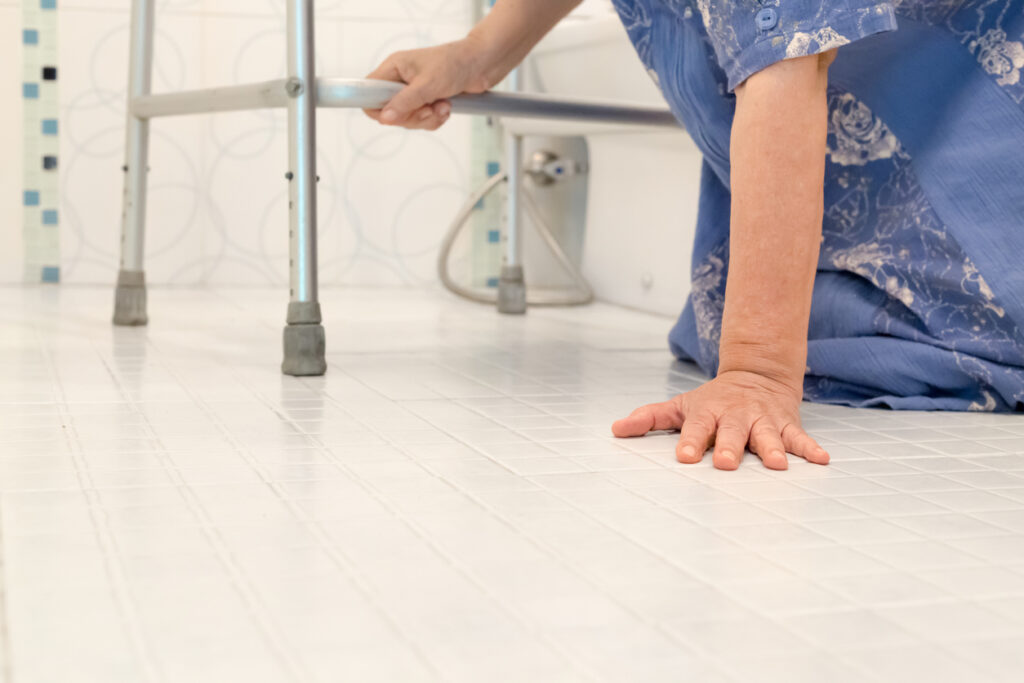Chicago, IL—On the outside, a nursing home might appear to be well-kept and inviting, but on the inside, there may be serious issues that go unnoticed that are putting the health and lives of residents at risk. We’re talking about poor hygiene.
Nursing home operators and the individuals who are hired to work in them are required to meet certain standards in terms of hygiene not only because residents deserve to live in a clean space, but also because they tend to have weaker immune systems. When a nursing home doesn’t enforce good hygiene practices, it can cause infections and other contagious diseases to spread.
While there are plenty of nursing homes that follow good hygiene practices, there are a number of those that don’t, and it is important for families to be able to spot them. This way, the issue can be recognized and addressed.
Examples of Poor Hygiene Practices
- Nurses or other health care professionals do not wash their hands after tending to residents.
One of the most effective ways of reducing the spread of viruses and other germs is by washing hands. Nursing home staffers should be washing their hands in between tending to patients or after cleaning up a resident’s living area or bathroom. If you noticed that a nurse or other staff member did not wash their hands while touring a facility or while you were visiting with your loved one, this should be brought to the attention of the facility administrator.
2. A resident’s clothing is dirty, or they appear to be unbathed.
Nursing home residents need to be bathed regularly and their clothes should be changed and washed daily. If your loved one appears to be wearing dirty clothing or informs you that they have not been bathed, this is a serious issue that needs addressing.
Residents who are left in dirty clothing or go unbathed are at a higher risk of developing rashes or skin infections. Not only might these be uncomfortable for a resident to have to live with, but they could potentially develop into a more serious condition.
3. The dining area appears to be dirty.
If you noticed that the tables and/or floors in the dining area are always dirty, this might be an indicator that the kitchen isn’t as clean as it should be. Anytime a facility is responsible for handling food, they need to ensure the area where it is being prepared and served is clean and sanitary. Kitchens and dining areas are one of many places where germs like to linger and if they aren’t being cleaned regularly, there is a good chance those germs will cause infections and spread.
4. The floors are dirty.
While there is much that goes on in a single day in a nursing home, the floors do need to be cleaned regularly. With so much movement in and out rooms, there is a good chance bacteria and other germs are being transported all around the facility. And the only way to stop the spread is to clean and sanitize the floors.
Did you know that “the transfer rate of bacteria from shoes to clean tiles is 90% to 99%?”1 Not only can certain bacteria found on the bottom of shoes cause urinary tract infections and diarrhea when a person is exposed to it, but there are certain types that can cause a person to suffer from pneumonia.
5. The bathrooms are not clean.
Bathrooms are breeding ground for germs and bacteria which is why they need to be cleaned and sanitized constantly. Nursing homes that allow their bathrooms to remain unclean and unsanitary may also be ignoring other areas of the facility as well which only heightens the risk of bacteria and viruses spreading.
How to recognize a nursing home for poor hygiene?
Nursing homes that display bad hygiene practices can be reported to the Illinois Department of Public Health (IDPH). The IDPH is “responsible for ensuring nursing homes comply fully with mandatory state regulations.”
When should a nursing home neglect attorney be contacted?
If bad hygiene practices have led to your loved one being neglected, you can contact Dinizulu Law Group, Ltd. to find out if you need to enlist the help of a Chicago, IL nursing home neglect attorney. Nursing home residents have the right to live in a facility that is free from abuse and neglect. Should this right be violated by nursing home staff members, you or your loved one may have the right to take legal action against the facility.
If you think your loved one is a victim of neglect and they live in a Chicago nursing home, contact Dinizulu Law Group, Ltd. so that we can determine if you have a viable case against the home.
You can contact Dinizulu Law Group, Ltd. at:
221 North La Salle Drive, Suite 1100
Chicago, IL 60601
Phone: 1-312-384-1920
Website: www.dinizululawgroup.com
Source:



